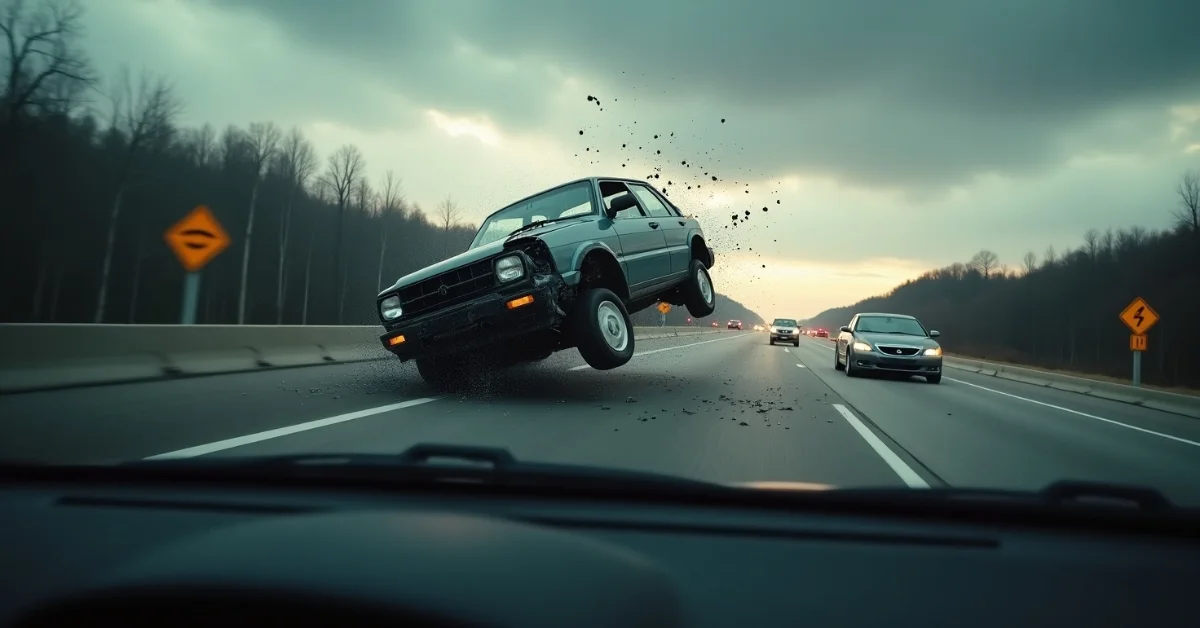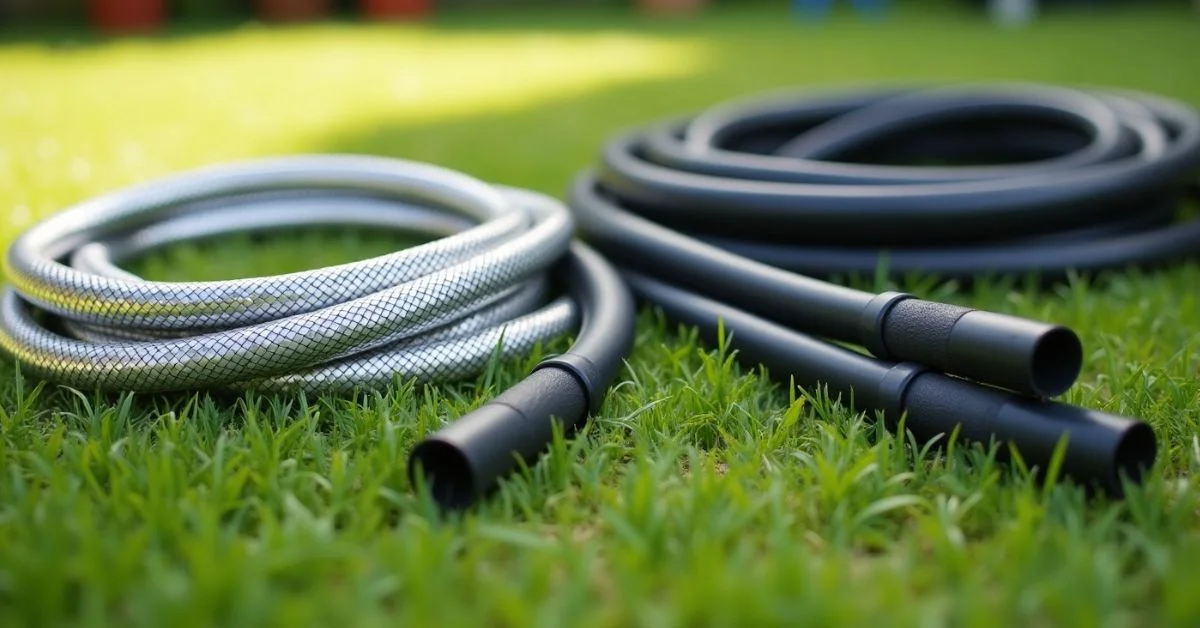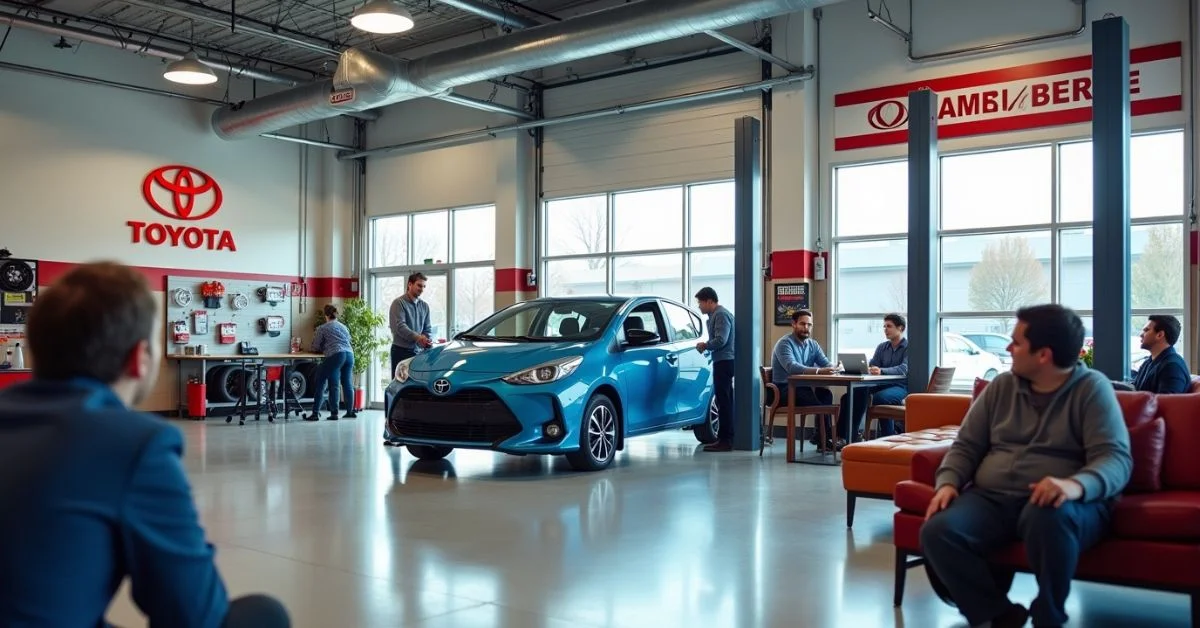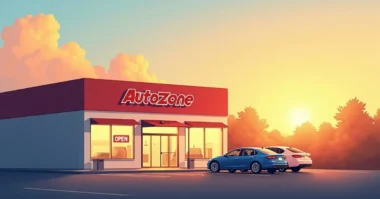Table of Contents
Every year, millions of car crashes happen around the world, and many of them are completely avoidable. While people often blame bad luck or sudden conditions, the truth is far more surprising. This article uncovers the real reasons behind car accidents, how driver behavior and vehicle condition play a role, and what you can do to protect yourself.
Why Most Car Crashes Happen
Most car crashes don’t happen by chance; they are the result of human error, road issues, or a lack of awareness. Understanding the main causes helps us become more careful and responsible drivers.
1. Distracted Driving Is a Leading Cause
One of the most common reasons for accidents is distraction. This includes:
- Using a phone while driving
- Eating or drinking
- Adjusting music or navigation
- Talking to passengers
Even a quick glance away from the road can lead to a collision. Staying focused is key.
2. Speeding Drastically Raises Risk
Driving over the speed limit might save a few minutes, but it greatly increases the chance of an accident.
How Speeding Limits Reaction Time?
At high speeds:
- You have less time to react to sudden obstacles
- Braking distance becomes longer
- Small mistakes turn into serious crashes
3. Poor Road Conditions Contribute to Accidents
Potholes, uneven surfaces, and worn-out signs can cause drivers to lose control. Roads in poor condition are especially dangerous for motorcycles and small cars.
4. Weather and Visibility Issues
Rain, fog, and darkness reduce visibility and tire traction. Many crashes happen when drivers don’t adjust their speed or use proper lighting in bad weather.
How Driver Behavior Influences Crashes
How we act behind the wheel directly impacts road safety. Many crashes are caused by risky or careless behavior.
1. Aggressive Driving and Road Rage
Tailgating, cutting off other drivers, and frequent lane changes can lead to tension on the road. Aggressive drivers often react too late in emergencies.
2. Fatigue and Its Impact on Driving
Driving while tired is just as dangerous as driving drunk. It lowers alertness, slows reaction times, and can even cause you to fall asleep at the wheel.
3. Impaired Driving: Alcohol and Drugs
Drugs and alcohol impair judgment, coordination, and vision. Even small amounts can lead to fatal errors.
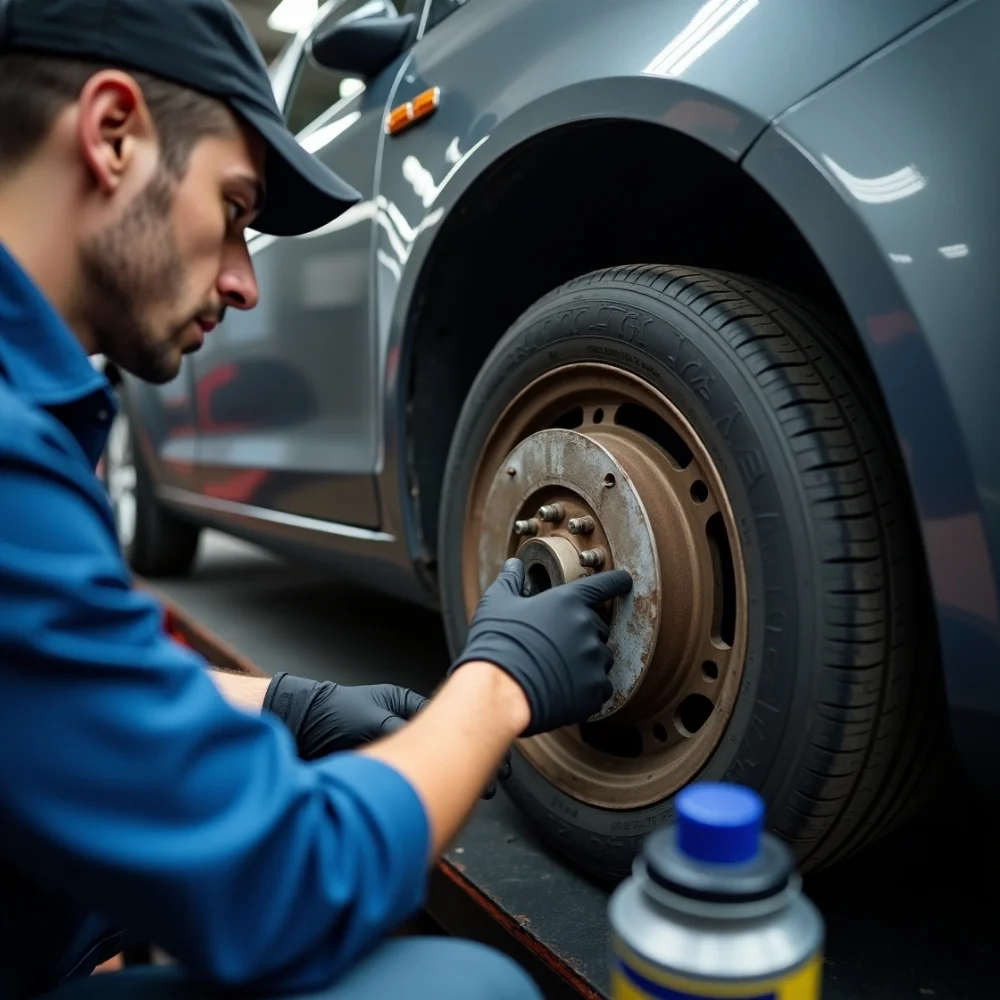
The Impact of Vehicle Condition on Car Crashes
Keeping your vehicle in good shape can prevent many mechanical failures that lead to accidents.
1. Importance of Regular Vehicle Maintenance
Routine checks help find issues before they become dangerous. This includes:
- Tire and Brake Failures Cause Crashes: Worn-out tires reduce grip, especially in wet conditions. Brake failures can make it impossible to stop in time.
- Safety Recall Awareness: Ignoring vehicle recalls means risking your safety. Always check if your car model has any urgent recalls.
How Technology Helps Prevent Car Crashes
Modern cars come with features that help reduce accidents and keep drivers alert.
1. Advanced Driver Assistance Systems (ADAS)
ADAS includes:
- Lane-keeping assist
- Emergency braking
- Blind-spot warnings
These tools support drivers and help avoid common mistakes.
2. Driver Monitoring and Alert Systems
Some cars now track driver behavior. If the system detects drowsiness or distraction, it warns the driver to stay alert or take a break.
3. Telematics and Insurance Incentives
Telematics tracks driving habits. Some insurance companies offer discounts to drivers who show safe behavior through these systems.
What To Do Immediately After a Car Crash
If you are ever in a crash, it’s important to stay calm and follow the right steps.
1. Ensuring Safety and Checking for Injuries
- Move to a safe spot if possible
- Check yourself and others for injuries
- Turn on hazard lights
2. Calling Emergency and Police Services
Call emergency services, even for minor accidents. A police report is often needed for insurance and legal claims.
3. Documenting the Scene for Insurance and Legal Use
- Take clear photos of the damage and surroundings
- Exchange information with the other driver
- Collect contact details of any witnesses
4. When to Contact a Lawyer
If the crash involves injury, unclear fault, or serious damage, it’s wise to speak with a lawyer. They can help you understand your rights.
Long-Term Effects of Car Crashes
The consequences of a crash don’t end at the scene. Some effects show up days or weeks later.
1. Common Injuries That May Not Show Immediately
- Whiplash
- Concussions
- Internal bleeding
- Back or neck pain
Always get checked by a doctor after an accident, even if you feel okay.
- Psychological Effects: PTSD and Anxiety: Many people experience fear of driving or emotional distress after an accident. These feelings are real and can last a long time.
- Financial Costs and Insurance Challenges: Car repairs, medical bills, and lost wages add up fast. Insurance may help, but the claims process can be slow and stressful.
How to Reduce Your Risk of Being in a Car Crash?
Simple habits can make a big difference in your safety.
Adopt Safe Driving Habits Daily
- Follow speed limits
- Avoid distractions
- Wear your seatbelt
- Drive sober and well-rested
FAQs
1. What Is the Most Common Cause of Car Crashes?
Distracted driving, especially texting or using a phone, is the leading cause.
2. How Can I Avoid Being Distracted While Driving?
Keep your phone out of reach, set GPS before moving, and stay focused on the road.
3. What Should I Do If I’m Not at Fault in a Crash?
Stay calm, gather evidence, contact your insurance company, and consider legal advice if needed.
Conclusion
Car crashes often seem sudden or unavoidable, but most of them happen due to preventable causes. By understanding the truth behind these accidents, from driver behavior and vehicle condition to the role of technology, we can all make better choices on the road. Whether you’re a daily commuter or an occasional driver, staying informed and alert is the key to staying safe.
